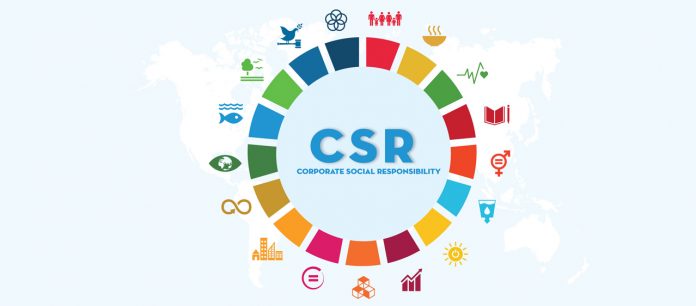Businesses cannot prosper in a world plagued with poverty, violence, inequality and environmental stress. Therefore, for companies, doing well and doing good simultaneously is of paramount importance. To do so, they must align themselves with global development priorities and ensure that they catalyze the global efforts towards achieving Sustainable Development Goals (SDGs) within the stipulated time frame. To better manage risks, most companies have embraced Cooperate Social Responsibility (CSR) in their business strategies. However, it might not always be clear where to act or which strategies create the biggest impact. Therefore, SDGs act as a clear framework to identify and understand the sustainability topics. By using SDGs as a guide, CSR departments can employ their resources to solve social and environmental problems.
Companies consider CSR as a cost center with vast potential to benefit the profit objectives of the business. Incorporating SDGs in CSR promises significant economic rewards that deliver innovative solutions and offer a transformative change in societies. According to a flagship report from the Business Commission, achieving the SDGs could create 380 million jobs and help at least $12 trillion in opportunities for business by 2030.
Read also: Eco-Labeling- The Complexity Behind Simplicity
The intent of doing good will only be formalized if companies integrate SDGs into their CSR performance matrices. This can be done so by establishing the impact a company has to the SDGs. Developing a CSR that works best to measure the level of impact while at the same time creating room for learning is a win-win for both the company and the society. However, most companies are yet to explore the linkage between their business objectives and SDGs and how the latter may benefit the former.
Both SDGs and CSR recognize the importance of promoting economic development. Employers interested in supporting sustainability may involve their companies in efforts to promote green-friendly operations and create programs that promote both customers and employees. Organizations truly committed to driving achievement of SDGs, help build stronger infrastructure that serves both local economies and the company. For instance, Veolia has committed to a CSR that ensures access to basic social services, fair distribution of resources and to conserve them for future generations.
SDGs provide a common set of goals around which a company’s CSR may rally and build partnerships. These may help identify common interests, where it is necessary to jointly tackle sustainable development issues beyond the control of an individual. Indeed, such partnerships are promoted as one of the major levers of business involvement into the SDGs. For instance, in 2015, Target partnered with UNICEF on a campaign dabbed Kid Power which committed Target to one of UNICEF’s sustainable development goals. The retailers sold kid-friendly fitness trackers encouraging the wearer to compete in various fitness activities, which ultimately helped deliver food to underprivileged children around the world. This helped UNICEF meet the agenda of SDGs and generate global malnutrition awareness at the same time.
Profit is the primary reason for being in business. It should not be considered a dirty word. Making money can be done while also making society better. In short, satisfying the pocket and the heart are not mutually exclusive. CSR and SDGs together can have tremendous potential to develop an interconnected model for sustainable growth.



